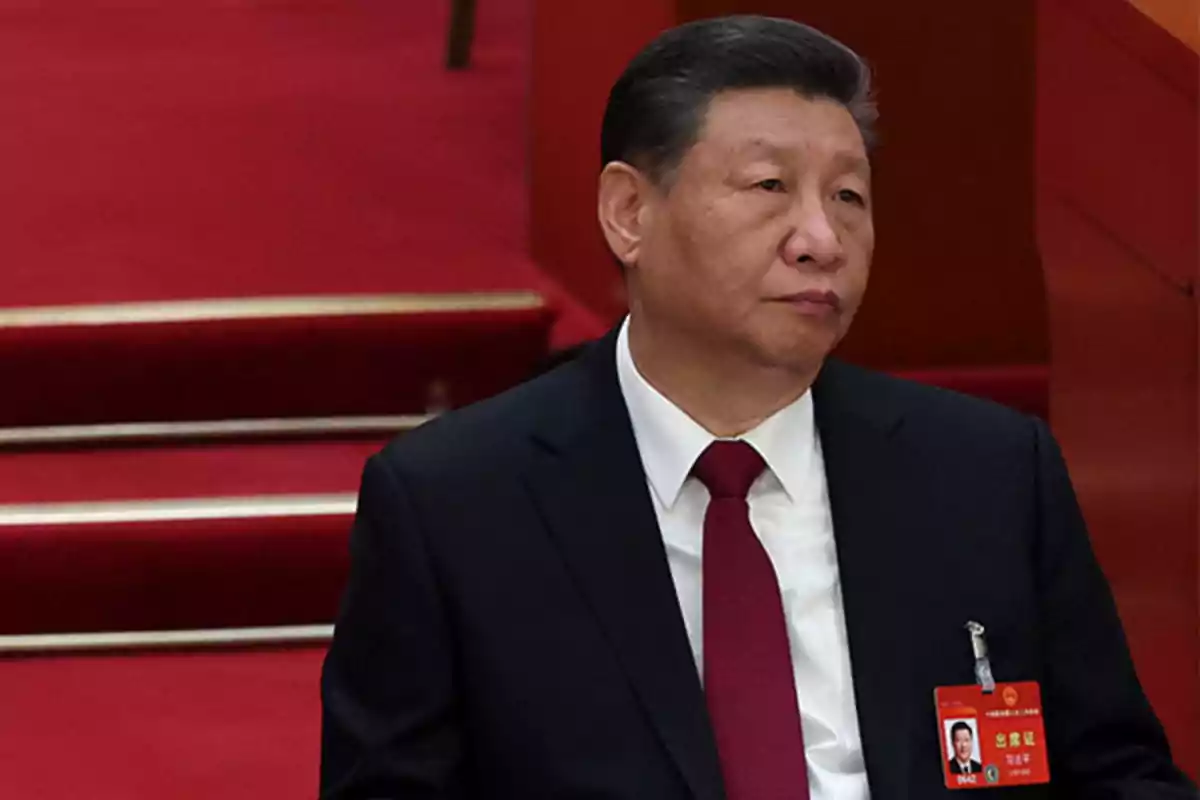
Chinese intelligence recruited US federal employees for espionage purposes
A conglomerate of companies based in Xi Jinping's communist regime attempted to hire recently dismissed U.S. federal agents
A network of companies operated by a secret Chinese tech firm has been attempting to recruit recently laid-offU.S. government workers, according to job postings and an investigation conducted by Max Lesser, a senior analyst of emerging threats.
These companies, mostly fake consultancies and recruitment agencies, have targeted former government employees and artificial intelligence researchers.
Although not much public information is available about the four consultancies involved, Lesser and the news agency Reuters found that they shared websites and digital servers, suggesting they are part of the same operational network.

One of the unsettling features of this network is that the companies have digital and hosting connections linking them to Smiao Intelligence, an Internet services company whose website became inaccessible during the investigation.
However, attempts to trace these companies and their relationship with Smiao Intelligence led to numerous dead ends, such as fake addresses, inactive phone numbers, and unanswered emails.
Lesser noted that these types of campaigns follow tactics commonly used by Chinese intelligence operations, specifically designed to exploit the financial vulnerability of laid-off U.S. government employees.

Reuters couldn't determine with certainty whether these companies are directly linked to the Chinese government or if any federal workers were actually recruited. Despite this, Chinese intelligence operations often follow these patterns.
However, three intelligence analysts indicated that this network is a clear example of how foreign entities try to gather intelligence from laid-off or retired federal employees.
The analysts suggested that once recruited, these employees could be pressured to share sensitive government information or recommend other individuals susceptible to recruitment, either voluntarily or involuntarily.
In response to these activities, a spokesperson for the Chinese Embassy in Washington denied any knowledge of the companies involved in the campaign, adding that China "respects" data privacy and security.

Meanwhile, a White House spokesperson highlighted that China constantly tries to exploit the "free and open system" of the United States through espionage and coercion, and emphasized the importance of both active and former government employees recognizing these dangers and protecting sensitive information.
One of the companies in the network, RiverMerge Strategies, posted job ads through LinkedIn and other job sites, seeking geopolitical advisors and human resources specialists, but their profiles were removed shortly after.
Despite this, an anonymous employee of the company revealed that someone he met at a networking event in China contacted him to help promote the job ads, in exchange for monetary compensation.

Additionally, the company Wavemax Innovation also posted job ads on Craigslist targeting former U.S. government employees, but it couldn't be confirmed if anyone applied to these ads.
Reuters' investigation also revealed that several of these companies in the network share addresses in Singapore, which turned out to be nonexistent or belonged to empty buildings.
Even some contact numbers linked to these companies are associated with other Chinese entities, such as Shenzhen Si Xun Software Co., Ltd., a tech company that doesn't appear to have any direct connection to the consultancies' activities.
These recruitment tactics are similar to those used by Chinese intelligence agents in the past.

In 2020, a Singaporean citizen, Jun Wei Yeo, was convicted of acting as an agent of a foreign power, recruiting Americans with access to sensitive information under the guise of a consultancy.
This type of fraudulent operation highlights how foreign intelligence services attempt to infiltrate the U.S. government using deception to recruit sources, often without the victims being aware they are working for a foreign government.
The investigation suggests that entities linked to China are using deceptive recruitment tactics to exploit the financial vulnerability of laid-off federal employees, in order to obtain sensitive information that could benefit the Chinese government's interests.

More posts: